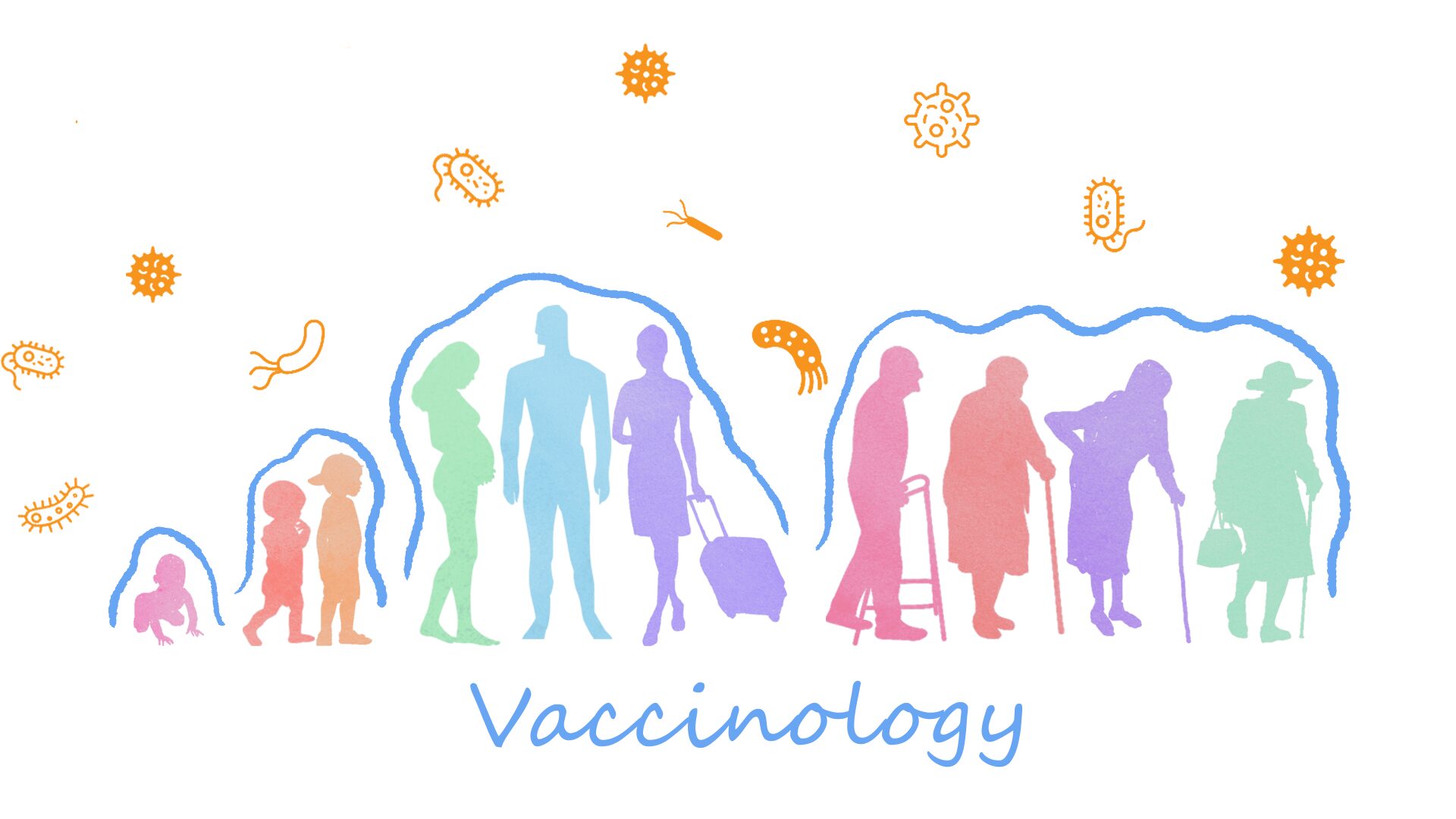This MOOC describes the successes of vaccination in preventing diseases, as well as the remaining challenges in regard of persisting epidemics and new pandemics.
Enrollment: Next diffusion on May 2026
Follow our news here ! Permanent access for Pasteurians !
Vaccines are among the most effective public health interventions currently available. Smallpox has been eradicated and polio has almost disappeared worldwide through global vaccine campaigns. Most of the viral and bacterial infections that traditionally affected children have been drastically reduced thanks to national immunization programs in developed countries. Together with antibiotics and clean water, vaccines have increased life expectancy in both high- and low-income countries by eliminating many of the diseases that historically killed millions. It has been estimated that vaccines will have saved ~25 million deaths over 10 yr from 2010 to 2020, which is equivalent to five lives saved per minute. In terms of cost-effectiveness, it is estimated that $1 invested in vaccination results in a $10–44 healthcare saving.
In spite of the success of vaccination in preventing disease and its cost-effectiveness, several challenges remain such as increasing the diversity of the target populations by developing vaccines efficient in pregnant women who will protect their babies at early life, and in the elderly displaying a less efficient immune system to be primed. Besides preventing infectious diseases, a few examples of already available vaccines preventing virus-induced cancers, such as liver cancer due to the hepatitis B virus or cervical cancers due to papilloma viruses, pave the way for further development of anti-cancer vaccines. Recent advances in technology to identify the key antigens to induce efficient protective immunity and large-scale analysis of human immune responses offer to revisit the future of vaccine development in a more global health perspective, taking also into consideration the implementation of new sustainable models for the developing world. This course aims at covering all these aspects to give an overview of the discipline.
At the end of this course, you will be able to:
- Summarize the basics of vaccinology
- Define the clinical steps required to develop a vaccine
- Describe the vaccines remaining to be implemented
- Discuss how to improve the vaccine coverage
- Explain the future challenges of vaccinology
Languages: The videos are in English, with English and French subtitles.
This MOOC is part of the Online Diploma of infectious Diseases of the Institut Pasteur DNM2IP.
Register on (during the opening period) : https://www.fun-mooc.fr/en/courses/vaccinology/
More courses on: https://www.fun-mooc.fr/en/etablissements/institut-pasteur/






